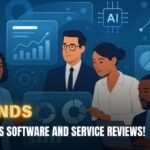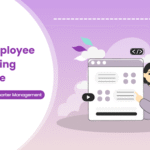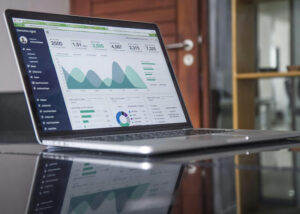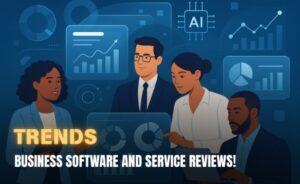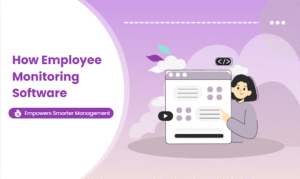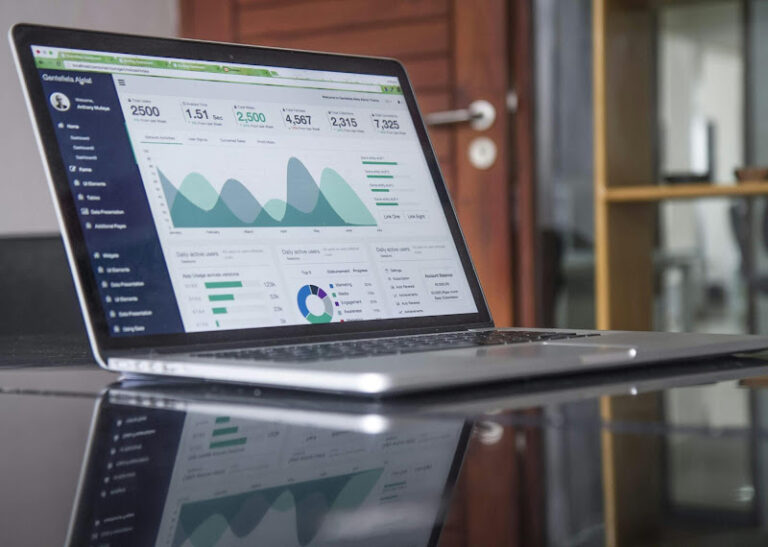The rapid advancement of artificial intelligence (AI) is reshaping industries worldwide, and human resources (HR) is no exception. Organizations are now leveraging AI to enhance HR planning, streamline hiring processes, and optimize workforce management. From predictive analytics to AI-driven automation, businesses are experiencing a paradigm shift in how they manage human capital.
One of the most significant advancements in this domain is the use of AI for HR planning and strategy. This technology is enabling HR professionals to make data-driven decisions, improve employee engagement, and enhance overall workforce productivity. Additionally, AI-powered solutions, such as AI agents, are helping HR teams automate administrative tasks, allowing them to focus on more strategic initiatives.
The Role of AI in HR Planning
AI is revolutionizing HR planning by providing actionable insights based on data analytics. Traditional HR processes rely heavily on manual assessments and intuition, which can lead to inefficiencies and biases. AI, on the other hand, brings precision, objectivity, and speed to HR planning.
Workforce Analytics and Predictive Hiring
AI-powered workforce analytics help HR professionals predict future talent needs and identify skill gaps within the organization. By analyzing historical data and industry trends, AI can forecast hiring demands, ensuring companies have the right talent at the right time. Predictive hiring models also assist in reducing turnover rates by assessing candidate compatibility with organizational culture and role requirements.
AI-Driven Performance Management
Performance evaluations have historically been time-consuming and prone to subjectivity. AI-driven performance management systems assess employee productivity, engagement, and contributions through real-time data. These insights enable HR teams to provide timely feedback, create personalized development plans, and enhance employee motivation.
AI Agents for HR Automation
Automation in HR is transforming the way organizations handle routine tasks. AI agents for Human Resources are playing a crucial role in automating administrative functions, thereby increasing efficiency and reducing operational costs.
Recruiting and Onboarding
AI-driven chatbots and virtual assistants streamline the recruitment process by screening resumes, scheduling interviews, and answering candidate queries. These AI agents ensure a seamless onboarding experience by providing new hires with relevant company information, training modules, and compliance documentation.
Employee Engagement and Retention
AI-powered HR tools analyze employee sentiment through surveys, feedback mechanisms, and social media interactions. By identifying potential issues before they escalate, AI helps HR teams take proactive measures to improve employee satisfaction and reduce turnover.
Payroll and Benefits Management
Handling payroll and benefits can be complex and time-consuming. AI agents automate payroll processing, ensuring accuracy in salary disbursements, tax deductions, and benefits administration. This automation minimizes errors and enhances compliance with labor regulations.
Ethical Considerations and Challenges in AI Adoption
While AI brings numerous benefits to HR, it also raises ethical concerns and implementation challenges. Organizations must address these concerns to ensure fair and effective AI integration.
Bias in AI Algorithms
AI systems are only as unbiased as the data they are trained on. If historical data contains biases, AI models may perpetuate them in hiring and performance assessments. To mitigate this risk, HR teams must regularly audit AI algorithms for fairness and transparency.
Employee Privacy and Data Security
AI-driven HR tools collect vast amounts of employee data, raising concerns about privacy and security. Organizations must implement robust data protection measures to ensure confidentiality and compliance with data privacy regulations.
Resistance to Change
Employees and HR professionals may be resistant to AI adoption due to fear of job displacement or unfamiliarity with technology. Organizations should invest in AI literacy programs and change management strategies to facilitate smooth transitions.
The Future of AI in HR
The future of AI in HR is promising, with continuous advancements shaping a more efficient and strategic HR landscape. Emerging technologies such as natural language processing, machine learning, and AI-driven analytics will further enhance HR functions, making them more agile and data-driven.
AI-Powered Learning and Development
AI-driven learning platforms personalize employee training by recommending courses based on skill gaps and career goals. These platforms provide real-time progress tracking and adaptive learning experiences to enhance workforce upskilling.
Virtual Reality (VR) and AI for Training
The integration of AI and VR in HR training programs creates immersive learning experiences. Virtual simulations allow employees to practice real-world scenarios, improving skill development and decision-making abilities.
AI in Diversity and Inclusion Initiatives
AI is playing a crucial role in fostering workplace diversity and inclusion. By analyzing hiring patterns and employee demographics, AI helps HR teams implement unbiased recruitment strategies and inclusive workplace policies.
Conclusion
AI is revolutionizing HR planning and strategy by automating processes, enhancing decision-making, and improving employee experiences. While there are challenges to address, the benefits of AI-driven HR solutions far outweigh the limitations. Organizations that embrace AI in HR will gain a competitive edge by optimizing workforce management and fostering a more engaged and productive workforce.
Keep an eye for more latest news & updates on Greek Buzz!

